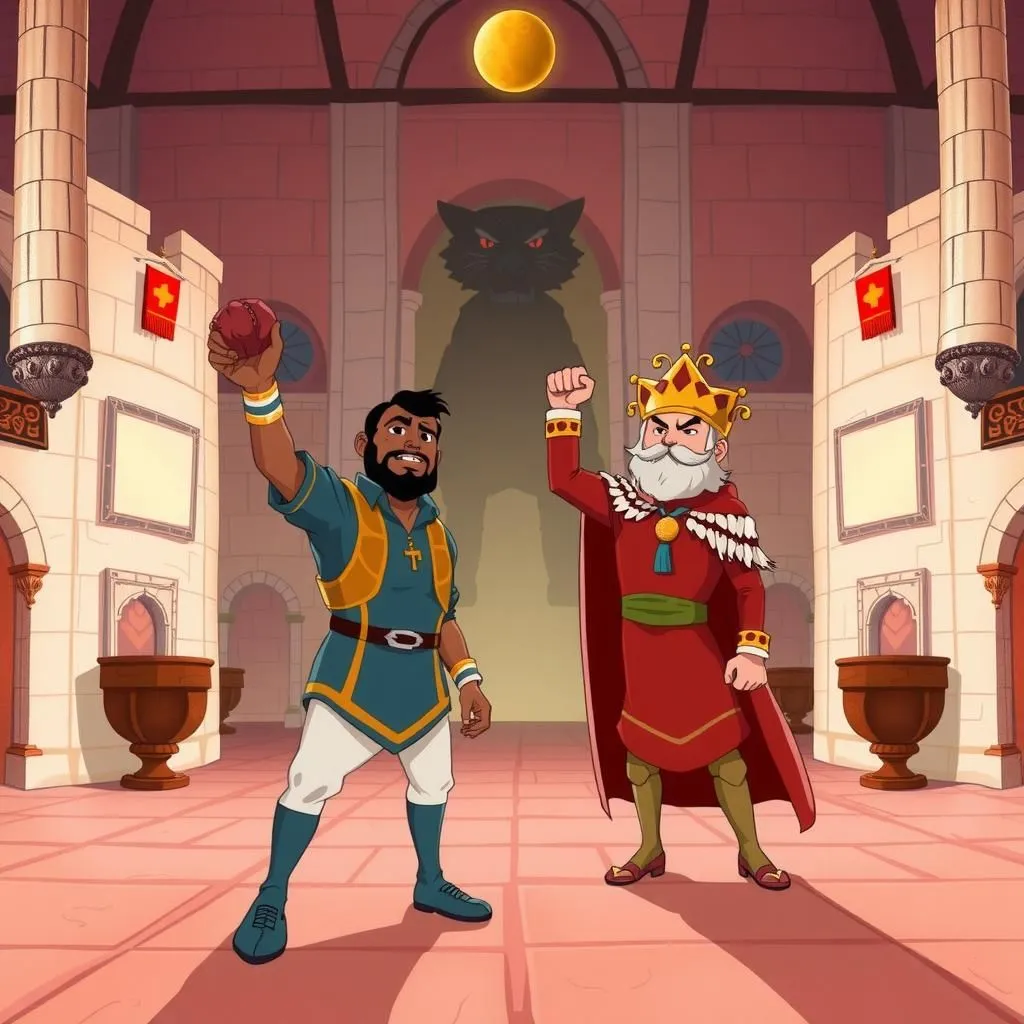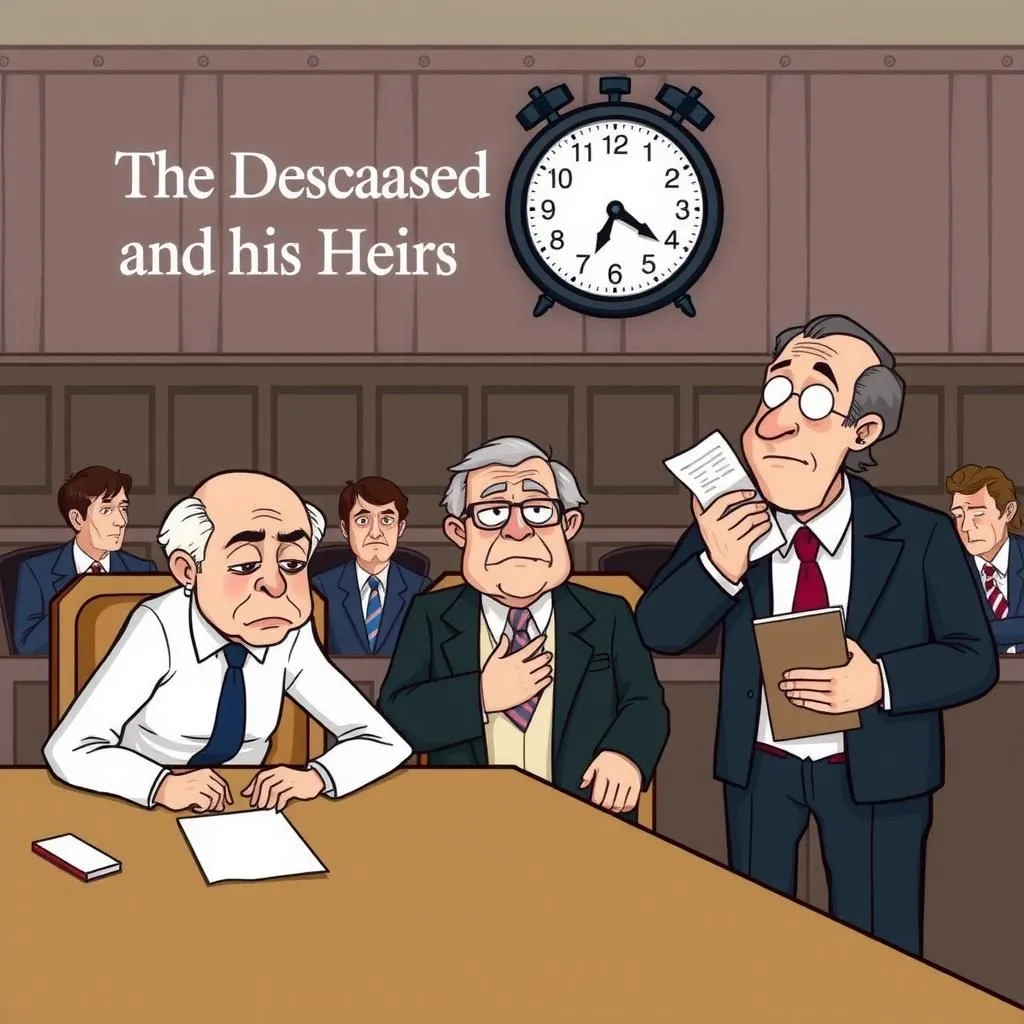
Uncalculating Zeal
In the Kingdom of Damnasia, a man-eating tiger terrorizes the populace, prompting the King to offer his daughter Zodroulra as a reward for the beast's slayer. Camaraladdin, seeking fame, claims the reward without confronting the tiger, instead presenting the scalp of a wealthy man, leading to his execution by the King. This culturally significant moral story illustrates the dangers of misguided ambition, suggesting that sometimes, uncalculated zeal can cost more than one anticipates, as the millionaire could have been a solution to the tiger problem.


